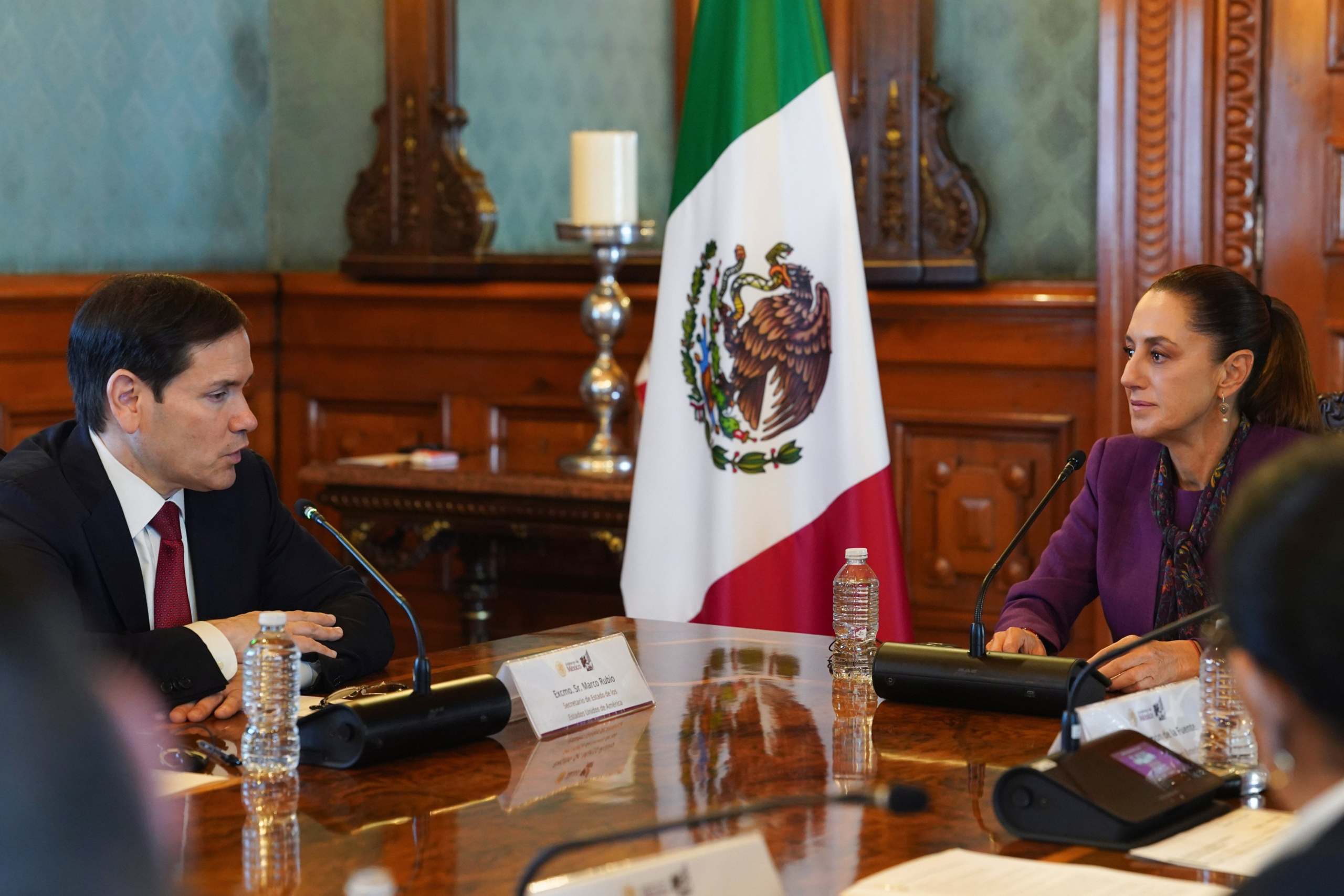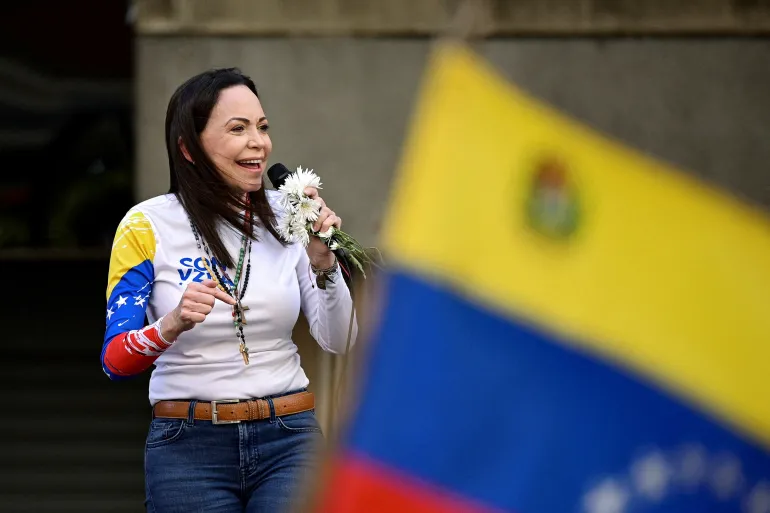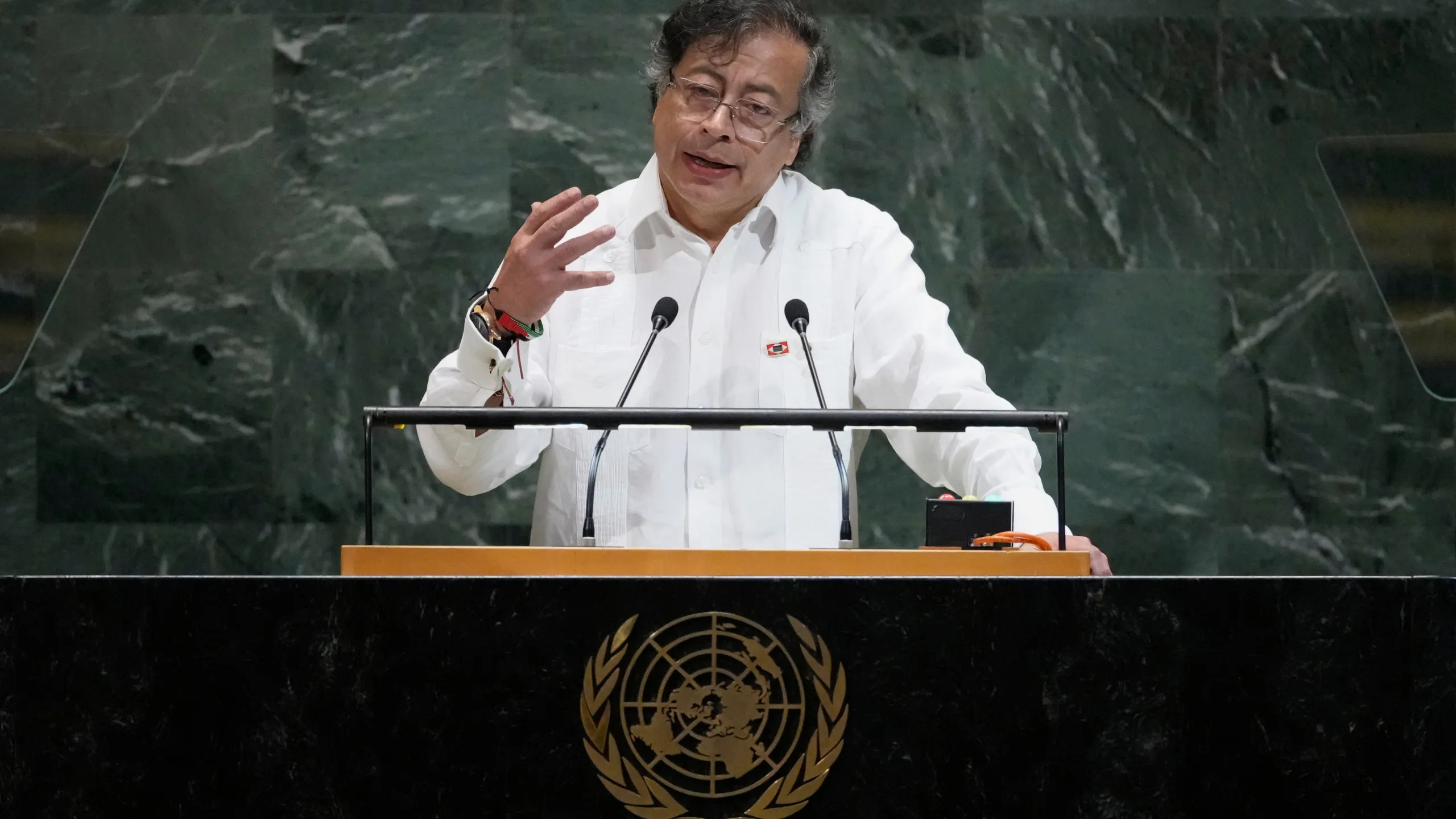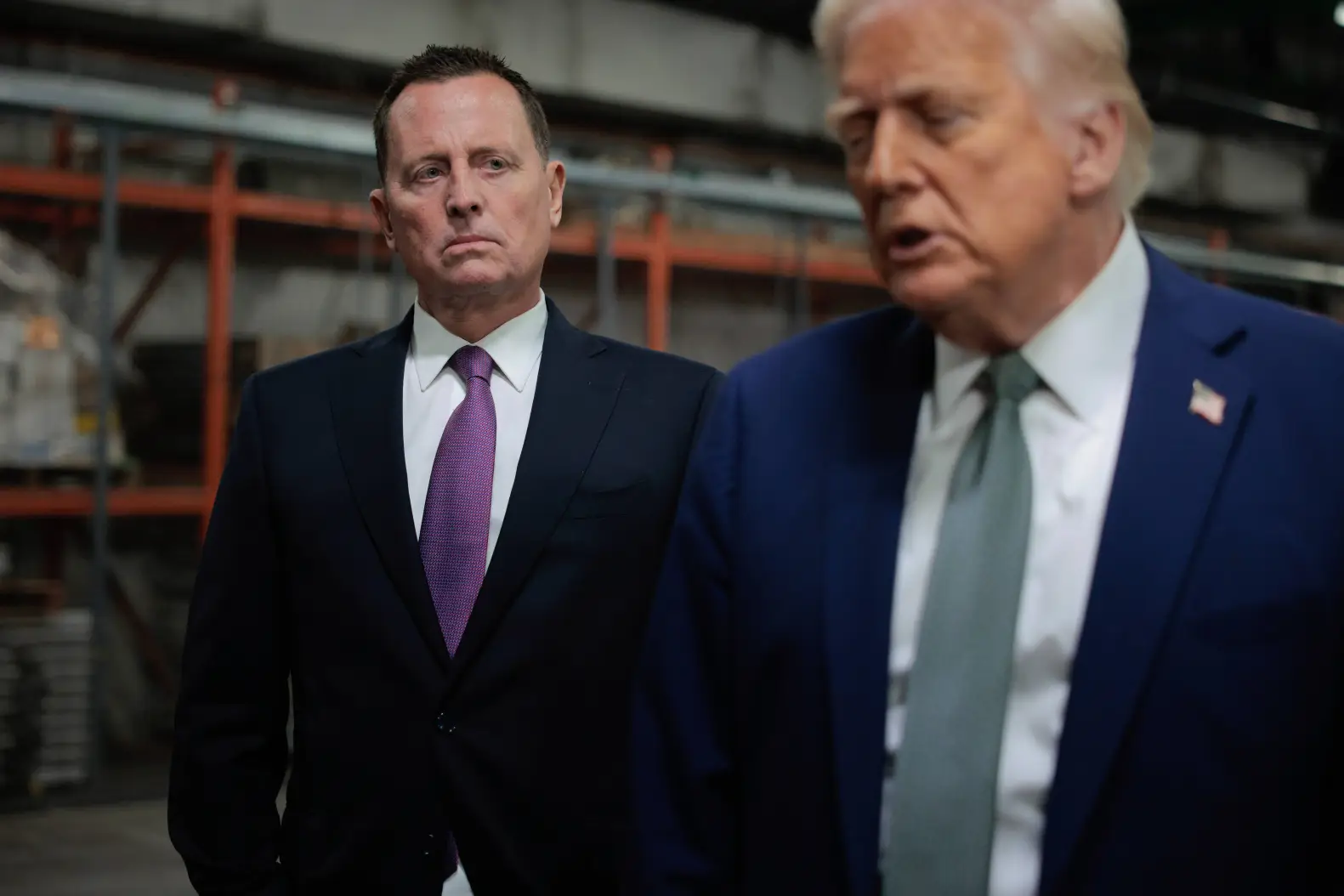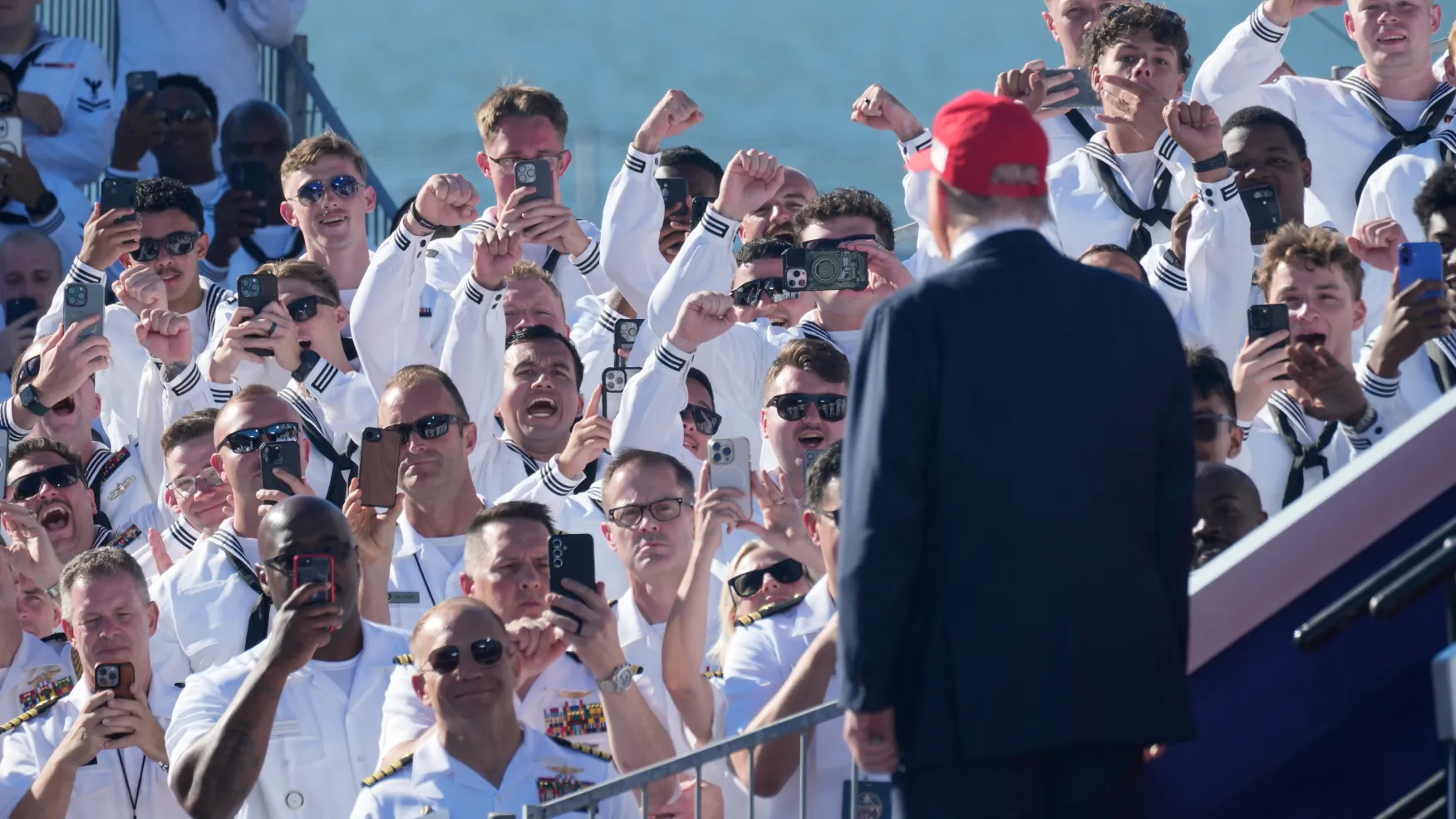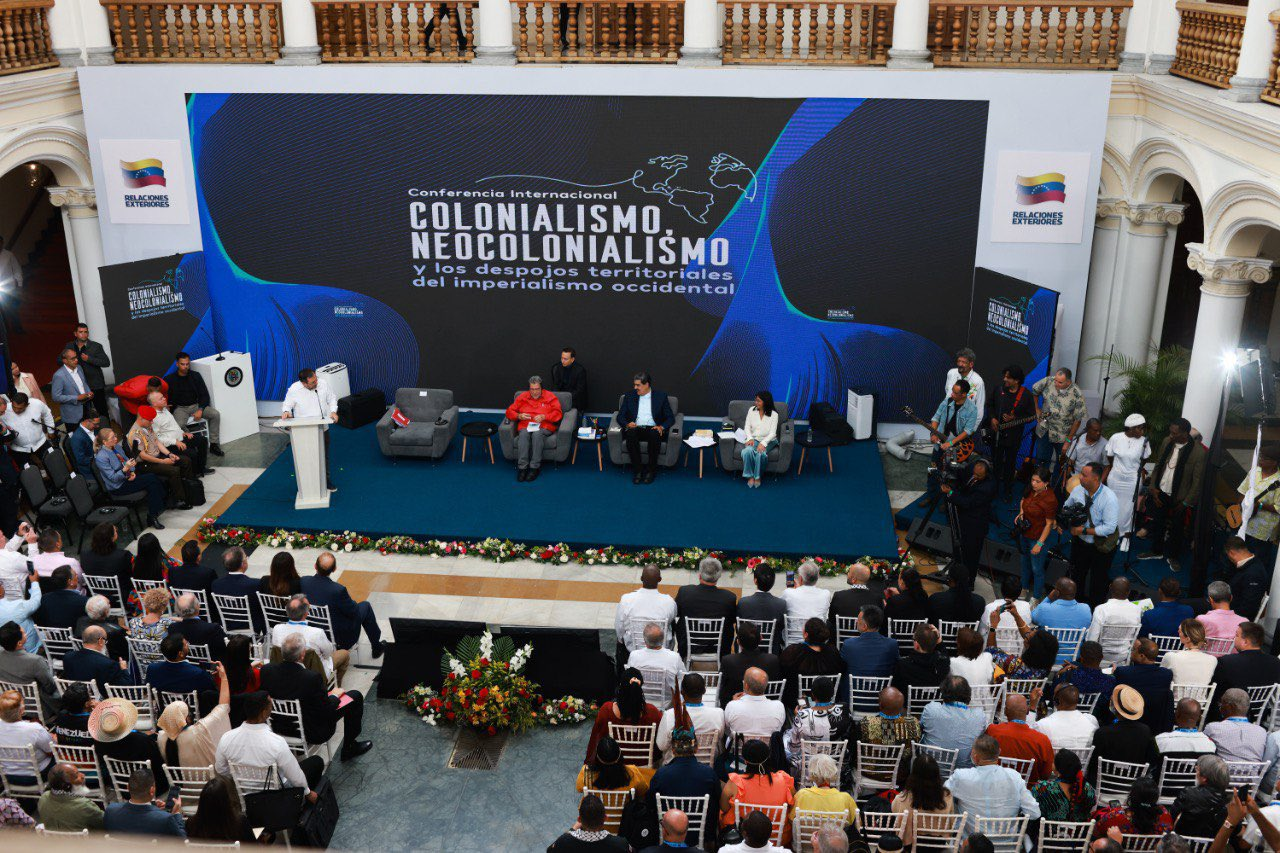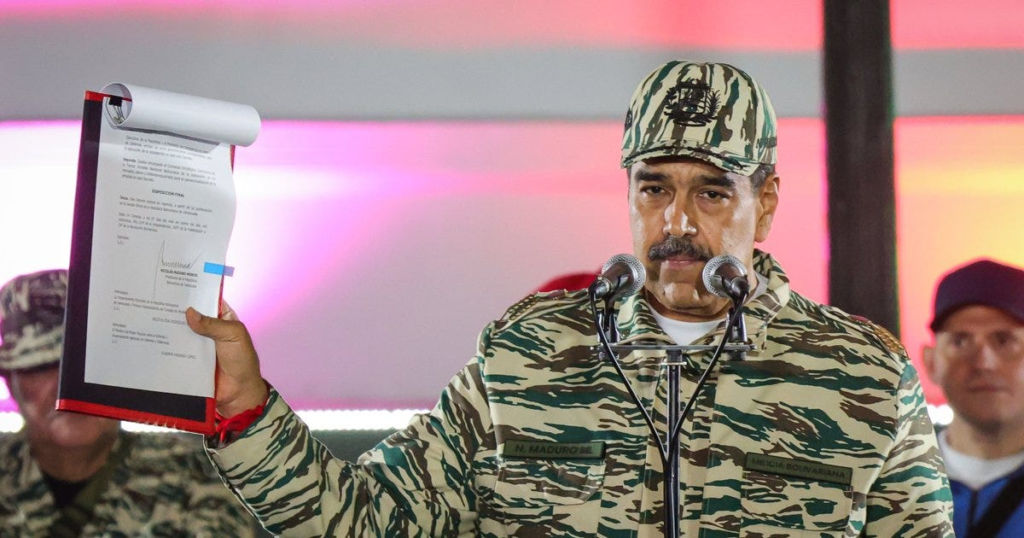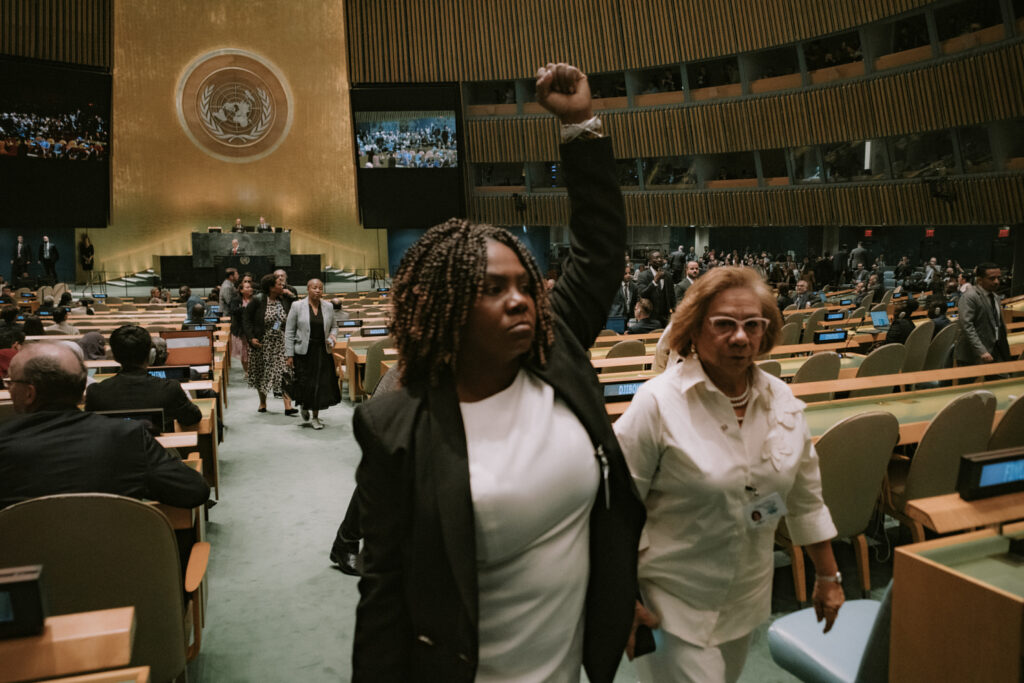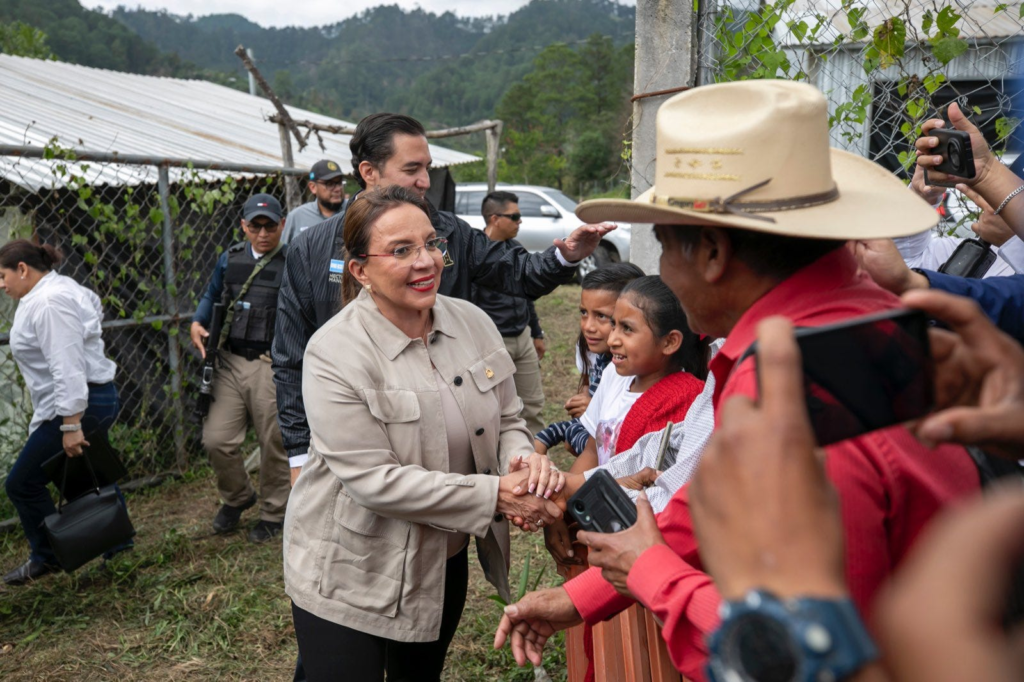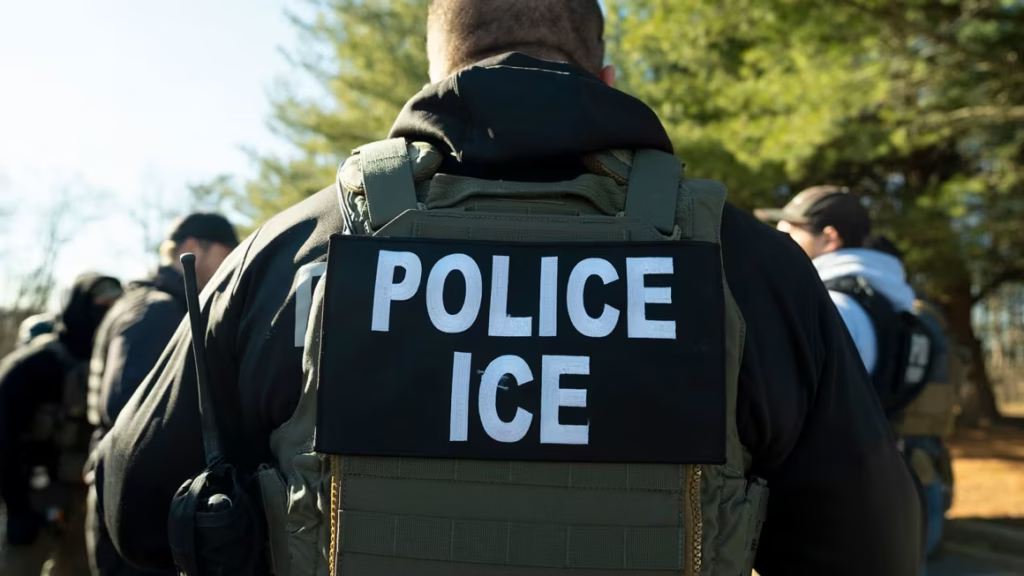U.S. Secretary of State Marco Rubio was welcomed to Mexico City’s Palacio Nacional by Mexican President Claudia Sheinbaum and her Foreign Affairs Secretary, Juan Ramón de la Fuente, to discuss bilateral security cooperation on what appears to be a revamped war on drugs led by President Donald Trump.
On Tuesday, during a press briefing in the Oval Office of the White House, news broke of a U.S. military strike that killed “11 terrorists” operating a drug boat in the South Caribbean, according to U.S. officials. The president intends to make good on his promise to wage war against the criminal drug cartels operating in Latin America.
Earlier this year, the Trump administration added to a list of “designated terrorist organizations” several cartel groups that have spent years distributing illicit narcotics into U.S. cities.
The administration has vowed to eradicate the threat of narco-trafficking organizations and to “stop the flow of drugs flooding into the country,” as was recently expressed by White House Press Secretary Karoline Leavitt last week.
When asked about the U.S. strike, the president responded by saying:
“On the boat you had massive amounts of drugs… massive amounts of drugs they were bringing in to our country to kill a lot of people… we have tapes of them speaking… I don’t think they’ll be doing it again… a lot of people are going to be saying “let’s not do that again”, once they watch that tape.”
The Trump White House has even gone so far as to threaten ordering the nation’s military to take on these organizations on foreign soil in the region.
This warning has worried neighbors south of the U.S. border, like Mexico, who have a strong tradition of challenging U.S. foreign policy in the region, and exerting their commitment to maintaining their national sovereignty in tackling the ruthless Mexican drug cartels.
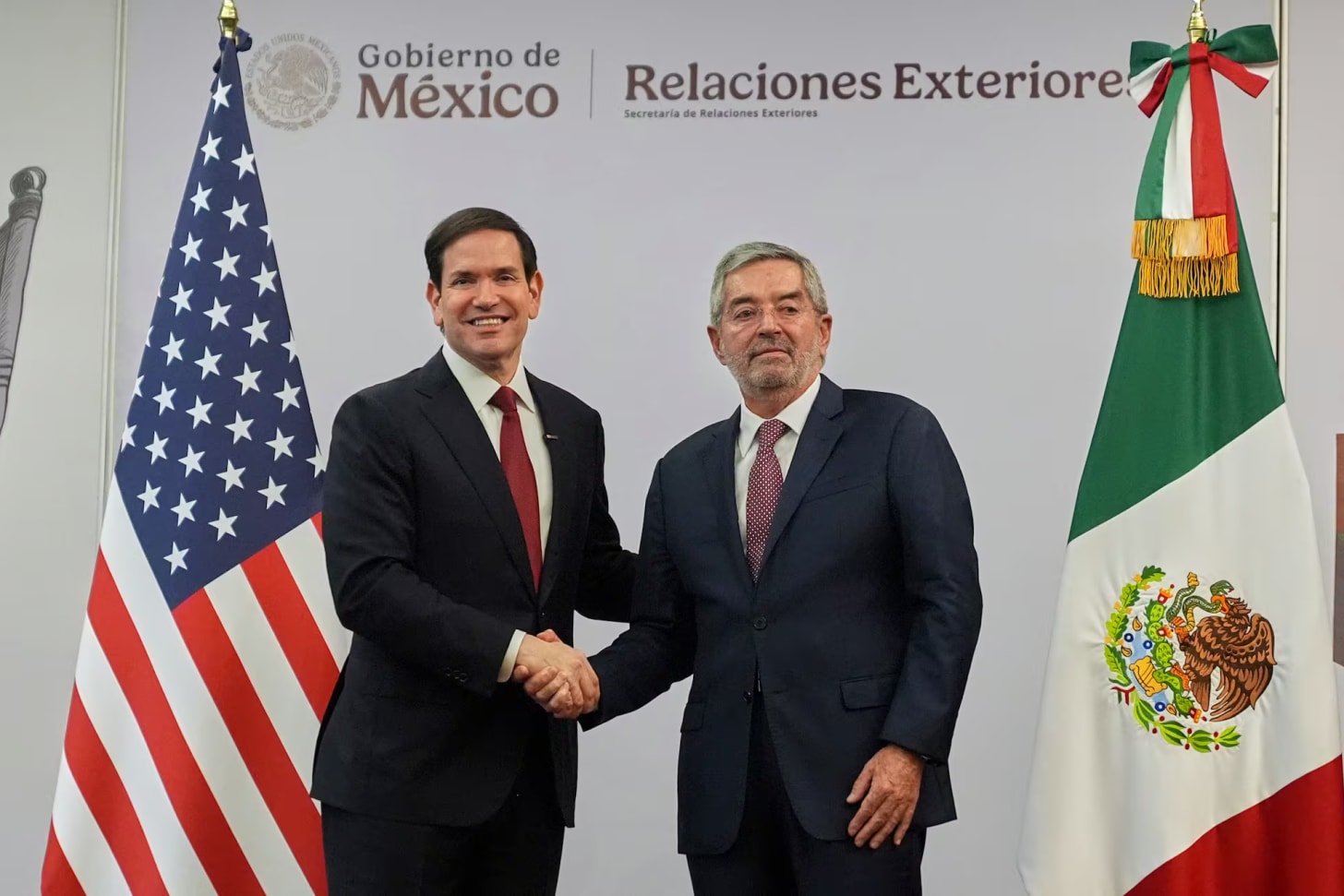
The meetings with President Sheinbaum and Mexican Secretary Juan Ramón were friendly, however, overshadowed by the expanding threats of military force by the U.S. administration, causing many governments in the region to wonder how far the U.S. president is willing to go.
In the case of Mexico, experts foresee opportunities for the Mexican government to cooperate on the security front of the war on cartels to get the hard-nosed U.S. president off its back. It would be more advantageous for the Mexicans to play along, rather than seem obstructive to a long-awaited campaign to strike the drug trade at its source.
The Mexican government has long been accused of colluding with these large, multinational drug enterprises, where officials at the highest levels in the Mexican government have been considered compromised by the very entities they are supposed to be dismantling.
This is the careful balancing act the Mexican government has to play, so as to exert national sovereignty without U.S. pressure to satisfy the concerns of the left-wing elements of the Mexican electorate, while simultaneously effectuating real actions that target criminal drug cartels, something which the federal government in many instances has either been unable or unwilling to carry out.
Initial reports trickled out of the meetings that indicated a larger deal that involved a partnership of collaboration on the application of military power to tackle the cartels. However, as time drew on, the prospects of such an agreement seemed to have been exaggerated.
The framework for security cooperation is more watered-down, whereby the Mexicans received U.S. assurances that they would have the freedom to operate in accordance with their own national sovereignty, and where each neighbor would act on their own side of the border to conduct anti-trafficking operations.
The two nations also agreed to collaborate on reducing the flow of legally purchased firearms from local gun shops north across the border, a problem that has been fueling some of the violence south of the border for years.
This is also an issue that Mexican authorities and politicians conveniently use to their advantage while distracting citizens from the government’s own culpability in its inadequate internal security apparatus.
Rubio mentioned one of the mechanisms that is part of the deal to reduce the flow of illicit narcotics across the U.S.-Mexico border, which is a “high-level implementation group” for continued cooperation between the two governments, stating: “This is a high-level group that will meet and coordinate on a regular basis to make sure that all the things we are working on, all the things we have agreed to work on, are happening, are being implemented.”
Rubio also noted, while speaking to the press, “It’s the closest cooperation we’ve ever had, maybe between any country, but definitely between the U.S. and Mexico.”
Secretary Juan Ramón de la Fuente, for his part, during a press briefing with his American counterpart, was asked by a domestic reporter about the precedent the U.S. military strike on smugglers in the South Caribbean will have on Mexican cooperation with the U.S. on targeting the cartels:
“Mexico’s position on this issue is very clear; it is based on our constitutional principles of foreign policy, which are clearly defined in Article 89 of our Magna Carta, and on respect for international law and the international conventions and treaties in force on the matter.”

